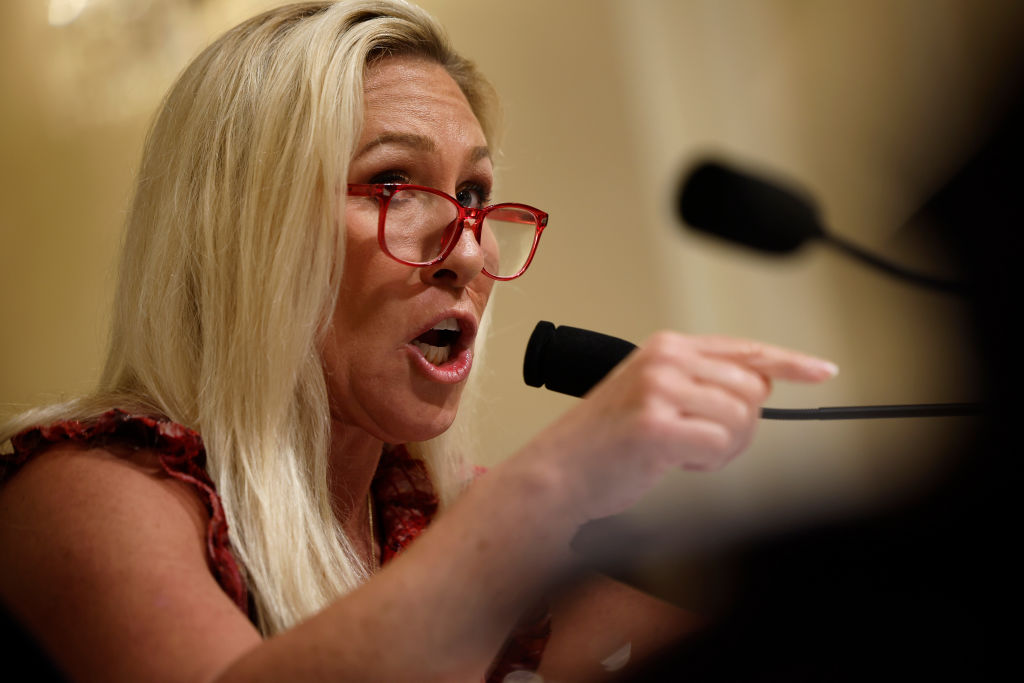A top Al-Qaeda suspect held at Guantanamo Bay will be brought to trial in New York, becoming the first detainee to be prosecuted in a US civilian court, the US Justice Department said Thursday.
Ahmed Khalfan Ghailani, a Tanzanian accused of the 1998 US embassy bombings in Kenya and Tanzania, would be the first former detainee at Guantanamo, the US naval base where some 240 terror suspects are held, to face trial in a civilian court in the United States.
It was not immediately clear when Ghailani would be brought to trial.
“By prosecuting Ahmed Ghailani in federal court, we will ensure that he finally answers for his alleged role in the bombing of our embassies inTanzania and Kenya,” Attorney General Eric Holder said in a statement.
“This administration is committed to keeping the American people safe and upholding the rule of law, and by closing Guantanamo and bringing terrorists housed there to justice we will make our nation stronger and safer.”
Ghailani was captured in Pakistan in 2004 and was among 14 so-called “high-value” detainees who were transferred from CIA secret prisons to Guantanamo Bay in southern Cuba in September 2006.
He was first indicted in December 1998 by a federal grand jury in the Southern District of New York, the same court where he will be prosecuted. He has since been charged in several superseding indictments in that court.
The move could signal a new approach in President Barack Obama‘s efforts to shutter the controversial detention facility by his self-imposed deadline of January 22, 2010, which has faced challenges from both main political parties, including his fellow Democrats.
Just hours before the disclosure of the planned prosecution of the Guantanamo detainee, the US Senaterebuked Obama’s plans and the FBI issued a tough warning not to bring detainees to US soil.
Obama’s Democratic allies joined Republican critics in a lopsided vote that stripped 80 million dollars he requested to shutter the facility from a 91.3-billion-dollar war spending bill.
Obama is scheduled to make a major national security speech on Thursday during which he is expected to clarify his Guantanamo plans.
Critics were quick to respond to the plans to bring Ghailani to trial in New York.
The decision “is a fundamental shift by the president in the war on terror,” said Kirk Lippold, former commander of the USS Cole, a US Navy destroyer that was bombed in Yemen in October 2000, killing 17 US sailors and wounding dozens of others.
“This case only amplifies the president’s inability to tell the American people what he plans to do to keep the United States safe during the war on terror.”
In almost simultaneous bombings in 1998, 11 people were killed at the US embassy in Tanzania and 213 people were killed in Kenya. Twelve Americans were among the dead.
During a hearing at Guantanamo in 2007, Ghailani confessed and apologized for having supplied equipment used in the bombing, including TNT, gas cylinders and a cell phone used to coordinate the attacks. He also claimed he was present when the attack’s planners purchased a truck used to conceal the explosives.
But Ghailani said that the supplies were used to attack the embassy “without my knowledge (of) what they were doing, but I helped them,” according to military transcripts.
During the hearing to determine whether he was an “enemy combatant,” Ghailani also said he had met Al-Qaeda leader Osama bin Laden and Khalid Sheikh Mohammed, the self-confessed mastermind of the September 11, 2001 attacks on New York and Washington.
In another blow to Obama’s goal of shutting the prison by early next year, FBI Director Robert Muellerchallenged Democratic assertions that maximum-security US prisons can safely hold accused terrorists.
“The concerns we have about individuals who may support terrorism being in the United States run from concerns about providing financing to terrorists, radicalizing others with regard to violent extremism, the potential for individuals undertaking attacks in the United States,” he said.
But Undersecretary of Defense for Policy Michele Flournoy countered that, in terms of transferring detainees to close Guantanamo, “when we are asking allies to do their fair share in dealing with this challenge, we need to do our fair share.”
















